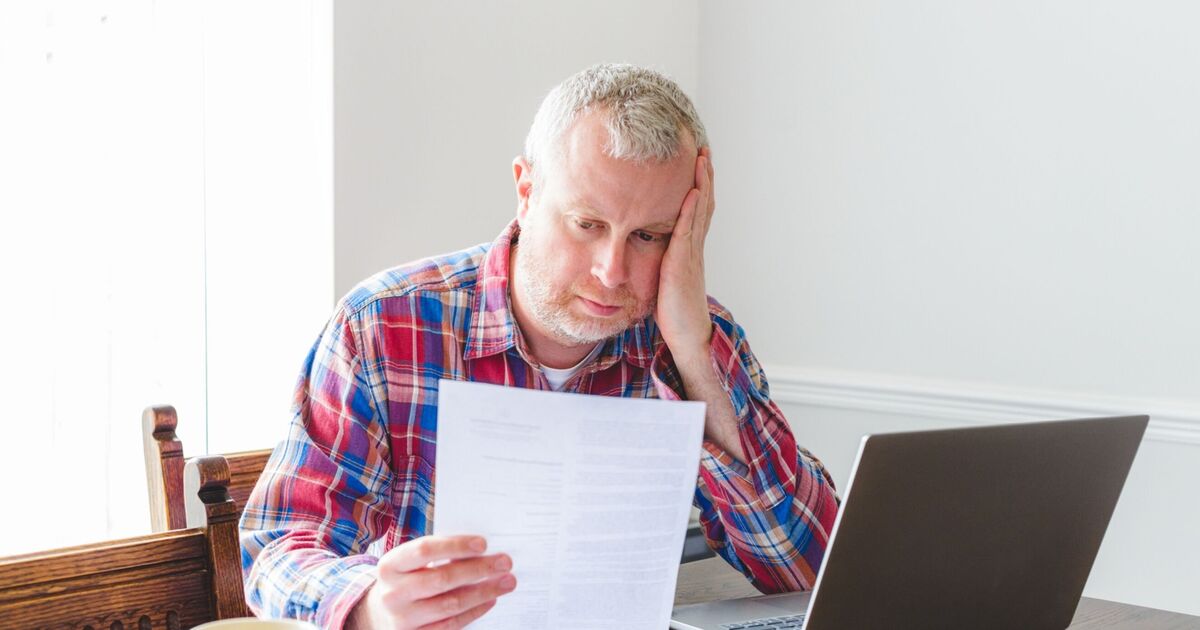
The Department for Work and Pensions (DWP) has unveiled new data indicating that 7.0 million people across Scotland, England, and Wales were receiving financial aid through Universal Credit at the end of September. This income-related benefit is intended to help those on a low income, whether they are employed or unemployed, with daily living expenses.
However, many individuals claiming Universal Credit or income-related Jobseeker’s Allowance (JSA) who have a disability, long-term illness, or physical or mental health condition may not realise that they could qualify for additional financial support through Personal Independence Payment (PIP). These tax-free, non-means tested payments do not impact the benefit cap, meaning a single claimant over 25 on Universal Credit or JSA making a new claim for either benefit could potentially receive up to £737.20 every four weeks independently of their other benefits.
When combined with a monthly Universal Credit payment of £393.45 (over-25 rate), this could provide up to £1,130.65 each month. It’s crucial to remember that this figure is based on someone receiving the higher rate of both components of PIP.
Moreover, it’s important to understand that having a health condition does not automatically make someone eligible for PIP; eligibility is determined by how the condition affects a person’s daily living and/or mobility needs.
Universal Credit rates
PIP are benefits claimed by individuals, not couples, unlike Universal Credit. To determine the level of financial assistance you will receive from PIP, an assessment is required, reports the Daily Record.
- Single claimants, under 25: £311.68
- Single claimants, 25 or over: £393.45
PIP payment rates
This rate is regularly reviewed to ensure you’re receiving the appropriate support. PIP consists of two components – Daily living and Mobility.
The amount you receive for each depends on the severity of your condition. .
Daily living
- Standard rate: £72.65
- Enhanced rate: £108.55
Mobility
- Standard rate: £28.70
- Enhanced rate: £75.75
The five most common PIP health conditions
As of July 2024, the Department for Work and Pensions (DWP) recorded the following as the five most common health conditions among PIP claimants:
- Psychiatric disorders, affecting 1,37,206 claimants (38%)
- General musculoskeletal diseases, affecting 682,391 claimants (19%)
- Neurological diseases, affecting 468,113 claimants (13%)
- Regional musculoskeletal diseases, affecting 426,038 claimants (12%)
- Respiratory diseases, affecting 138,376 claimants (4%)
An award for PIP can also lead to additional support for housing costs, Council Tax, other benefits and reduced travel on public transport.
Disabling conditions recorded by DWP
The DWP records a variety of disabling conditions, under which more than 530 other conditions fall. This list is only an overview of conditions, disorders and diseases and how the DWP lists the main disabilities being claimed for:
- Haematological Disease
- Infectious disease
- Malignant disease
- Metabolic disease
- Psychiatric disorders
- Neurological disease
- Visual disease
- Hearing disorders
- Cardiovascular disease
- Gastrointestinal disease
- Diseases of the liver, gallbladder, biliary tract
- Skin disease
- Musculoskeletal disease (general)
- Musculoskeletal disease (regional)
- Autoimmune disease (connective tissue disorders)
- Genitourinary disease
- Endocrine disease
- Respiratory disease
- Multisystem and extremes of age
- Diseases of the immune system
- Unknown or missing
- Total number of PIP claimants (July 2024) – 3,606,058
Eligiblity for PIP
To be eligible for PIP , you must have a health condition or disability where you: have had difficulties with daily living or getting around (or both) for 3 months and expect these difficulties to continue for at least 9 months. You usually need to have lived in the UK for at least two of the last three years and be in the country when you apply.
- preparing, cooking or eating food
- managing your medication
- washing, bathing or using the toilet
- dressing and undressing
- engaging and communicating with other people
- reading and understanding written information
- making decisions about money
- planning a journey or following a route
- moving around
In addition to what we have outlined above, if you get or need help with any of the following because of your condition, you should consider applying for PIP. There are different rules if you are terminally ill, you will find these on the GOV.UK website here. .
The DWP will assess how difficult you find daily living and mobility tasks. For each task they will look at:
- whether you can do it safely
- how long it takes you
- how often your condition affects this activity
- whether you need help to do it, from a person or using extra equipment
How is PIP paid?
PIP is typically paid every four weeks, unless you’re terminally ill, in which case it’s paid weekly. The payments are made directly into your bank, building society or credit union account.
Payment awards range from £28.70 to £184.30 per week, equating to between £114.80 and £737.20 for each four-week pay period.
PIP payment rates 2024/25
To determine the level of financial assistance you’ll receive, an assessment is required. Your rate will be regularly reviewed to ensure you’re receiving the appropriate support.
PIP consists of two components: Daily living and Mobility. Whether you receive one or both of these, and how much, depends on the severity of your condition.
Daily living
-
Standard rate: £72.65
-
Enhanced rate: £108.55
Mobility
-
Standard rate: £28.70
-
Enhanced rate: £75.75
How you are assessed
An independent healthcare professional will assess you to help the DWP determine the level of financial support you need for PIP. Face-to-face consultations for health-related benefits are offered alongside video calls, telephone and paper-based assessments.
It’s important to note that the health professional and DWP decide which type of assessment is most suitable for each claimant. More information about DWP PIP assessments can be found here.
How to make a claim
To make a claim for Personal Independence Payment (PIP), you need to contact the Department for Work and Pensions (DWP). All necessary information for application can be found on the GOV.UK website here.
Before making the call, ensure you have your contact details, date of birth, National Insurance number, bank or building society account number and sort code, your doctor or health worker’s name, address and telephone number, and dates and addresses for any time spent abroad, in a care home or hospital.
















